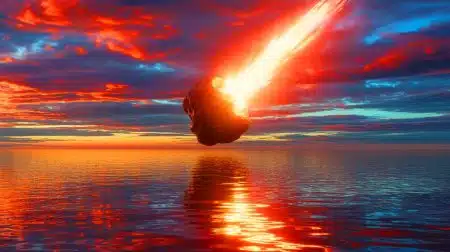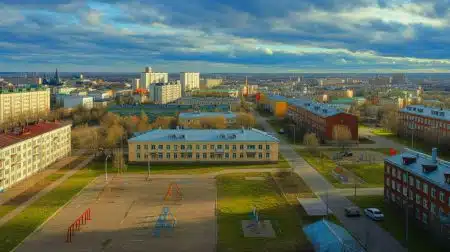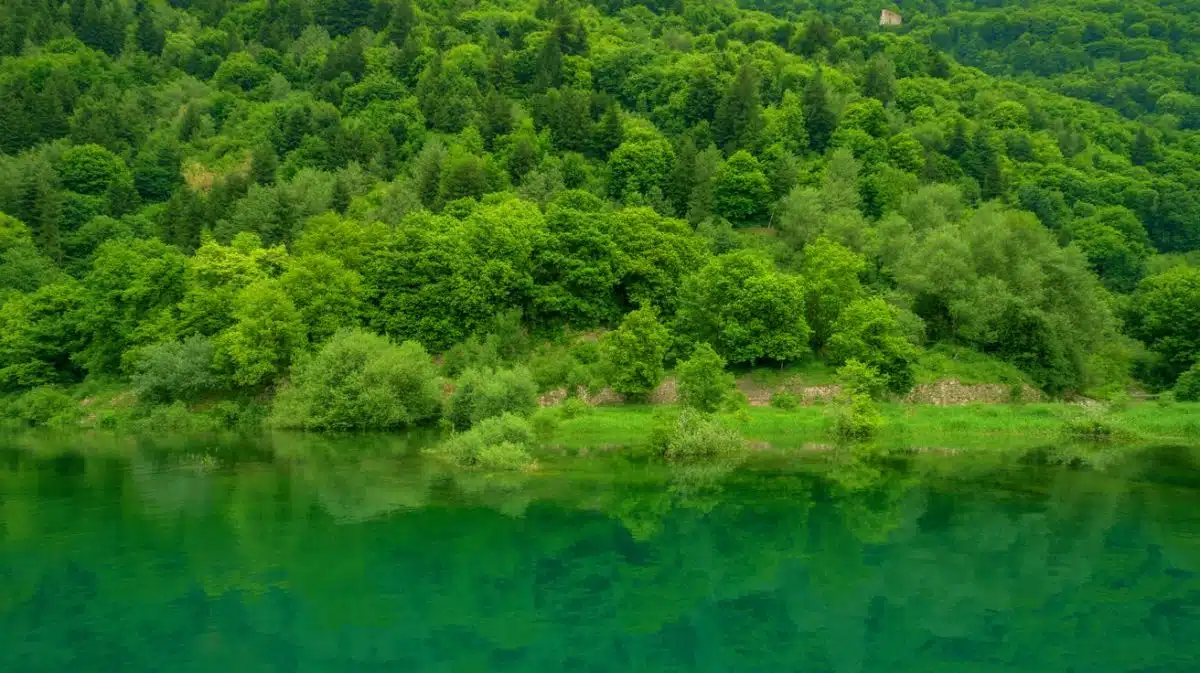| IN A NUTSHELL |
|
In the heart of Europe, a small strip of unclaimed land has become the focal point of an extraordinary experiment in nation-building. This unlikely story began with Daniel Jackson, a 14-year-old Australian who discovered a piece of unclaimed territory between Croatia and Serbia using Google Maps. While most teenagers were engrossed in social media, Jackson saw an opportunity to create something unique. He declared the establishment of the Free Republic of Verdis, a micronation with its own citizens and governmental structure. This audacious move challenges traditional concepts of statehood and raises questions about the nature of sovereignty in an increasingly interconnected world.
The Overlooked Territory Between Nations
Nestled in southeastern Europe, a 4-acre forested area lies unclaimed between Croatia and Serbia. This patch of land is a relic of a cartographic disagreement dating back to the dissolution of Yugoslavia. While Serbia recognizes the Danube River as the natural boundary, Croatia refers to historical cadastral lines. This discrepancy has left several pockets of land without formal ownership. It is here that Daniel Jackson, then a teenager, saw potential. While others his age were captivated by social media trends, Jackson and his friends explored Google Maps, identifying border anomalies. What began as a curious exploration quickly transformed into a political project named the Free Republic of Verdis, inspired by the Latin word for green, reflecting an initial ecological ambition.
Verdis is not isolated in its existence as a micronation. Nearby, Liberland, another micronation, was declared in 2015 by Czech politician Vit Jedlicka. Both share similar origins: uninhabited, unclaimed lands caught in diplomatic limbo. In an interview with The Guardian, Jackson claims his group is “the oldest active group to claim this territory,” a statement that some legal experts argue could bolster their legitimacy under international law.
The Adolescent Dream Turned Political Project
Over the years, what began as a youthful dream has taken on a more serious tone. Now 20, Jackson resides in Dover, UK, where he continues to lead Verdis in exile. His attempt to settle on the land in 2023 was thwarted by Croatian police, resulting in a lifetime ban from Croatia, complicating any efforts to access the area. Despite these challenges, Jackson maintains that Verdis boasts approximately 400 citizens, selected from over 15,000 applications. A volunteer government of seven ministers oversees areas such as foreign affairs and the environment. Together, they have crafted a constitution, drafted an official map, and raised a blue and white flag reminiscent of Argentina’s.
Verdis even issues its own passports, though they are not valid for travel but are recognized as identification in some local bars. Funding for the micronation is sourced through donations, merchandise sales, and a citizenship investment program. A cryptocurrency fundraising campaign in July 2025 raised over $37,000, indicating genuine interest within certain online communities.
An Ambitious Vision for an Unrecognized State
Verdis is more than just a figment of its founders’ imaginations. Jackson asserts that a return to the territory would trigger financing from an anonymous NGO, marking a significant step toward diplomatic recognition. However, access to the area is now nearly impossible. Since the 2023 incident, Croatian authorities have installed surveillance cameras along the riverbank, with coast guards ready to intervene if a boat stops in the adjacent waters.
Despite these obstacles, Verdis continues to project ambitious goals. Jackson envisions it as a humanitarian platform, a neutral hub for NGOs, breaking away from traditional state power dynamics. Vice President Hector Bowles has established a Dover-based association to deliver aid to Ukraine, indicating a shift from environmental to pacifist ideals guiding their mission.
Verdis is not seeking EU membership, although its founder supports the European project. Instead, they hope to one day participate in the Eurovision Song Contest. Jackson notes that the team has already made contact with artists, including Luke Black, Serbia’s 2023 representative. Although Black is not officially involved, he praised the project, highlighting “the audacity of a young man to undertake such an endeavor.”
The Future of Verdis: A Nation in the Making?
What began as a legal loophole challenge by teenagers has evolved into a living manifesto for a new kind of political engagement. Behind the flag hoisted in a modest English home lies a project as fragile as it is determined, driven by the belief that it is still possible to invent a nation. This vision raises profound questions about the nature of sovereignty, identity, and the role of traditional states in an increasingly globalized society. As Verdis continues to navigate the complexities of international recognition, one must wonder: What does the future hold for micronations seeking legitimacy in the world stage?
Did you like it? 4.5/5 (28)







